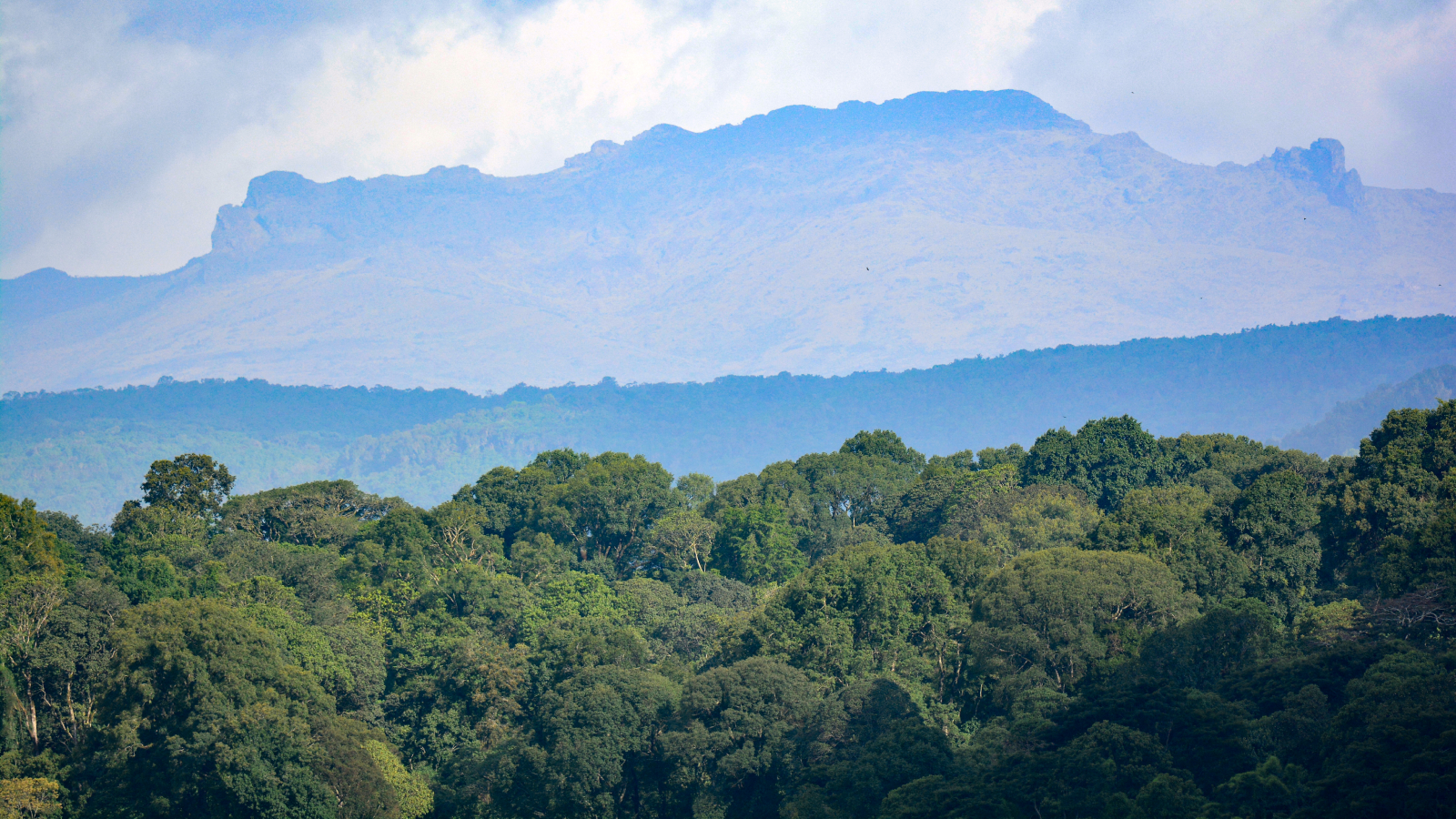Straw Could Power Jets

Straw is often thought of as a "fuel" for horses, but if a French research project pans out, passenger jets could soon fuel up with biofuels derived from this agricultural byproduct.
The "ProBio3" project began last July with financing from a French economic stimulus program. The effort aims to use straw to create a "biofuel" that can be mixed with kerosene in a 50/50 blend. Biofuels are a type of combustible matter holding potential energy in the form of carbon that was chemically bonded in the "recent" past (when considered on a geologic time scale). They usually come from plant materials.
The new fuel would put agricultural waste to work, instead of diverting food crops to make biofuels. The program will also look at using sawdust and wood shavings to power aviation.
Biofuels have developed in response to the high costs of oil production and to the problem of pollution created during petroleum extraction and refining processes. But critics have said biofuel production causes food shortages by replacing edible crops with plants intended for use in fuels. Meanwhile, spikes in food prices over the past few years have tampered government enthusiasm for biofuels that divert food crops, even as the European Union intends to reach an annual output of 2 million tons of aviation biofuels by 2020.
The ProBio3 project's focus on using agricultural waste is intended to prevent the need for new crop planting.
The process of creating these new fuels wouldn't be very different from that used for typical biofuels. In order to make agricultural waste into a suitable fuel for jet engines, manufacturers would first need to break it down into sugars, mixed with yeast or other microorganisms, and then ferment it until fats formed.
Combining these fats with hydrogen would create complex hydrocarbons, which are similar to traditional jet fuels. When mixed with kerosene, theses hydrocarbons can be burned in jet engines. The hard part will be finding the most suitable microorganisms and perfecting the fermentation process.
Get the world’s most fascinating discoveries delivered straight to your inbox.
Relying on this type of fuel could also save money. No extra crops would need to be grown to make the biofuel, and the dependability of the fuel source could insulate airlines from spikes in fuel prices.


